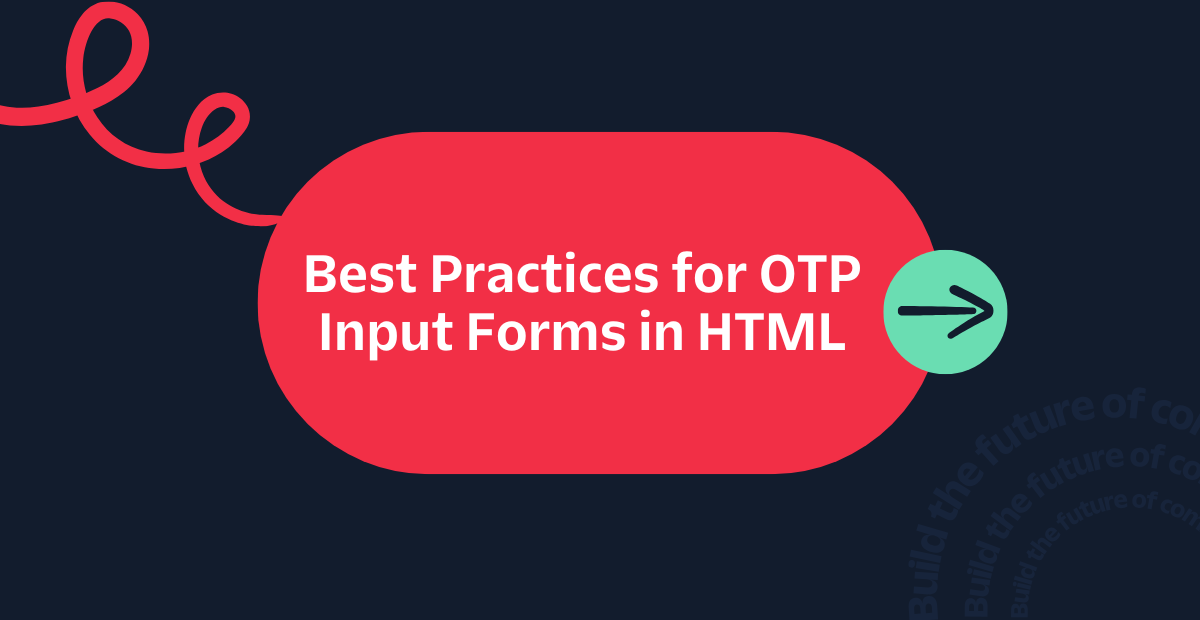Getting started in video game development can seem overwhelming, especially for beginners eager to turn their passion for gaming into a tangible skill. As the industry continues to grow—70% of adults in the United States reported playing video games in 2023—the demand for developers with coding expertise is skyrocketing. Whether you’re aiming to create a simple web-based game or aspire to develop AAA titles, understanding the fundamentals of game programming is essential.
Understanding the Foundations of Game Coding
Choosing the Right Programming Languages
Different types of games and platforms often require specific coding languages. For beginners, some of the most accessible options include:
- Scratch: A block-based visual programming language ideal for young learners. It allows users to build games by snapping together code blocks, making the learning curve gentle while providing depth for advanced projects.
- JavaScript: The backbone of interactive websites, JavaScript enables the creation of browser-based games that run directly in web browsers, making them highly accessible and shareable.
- Python: Known for its simplicity and readability, Python is great for prototyping and smaller games. Its syntax resembles natural language, easing beginners into coding concepts.
- C++: The language of choice for AAA games and high-performance applications, offering maximum control over hardware but with a steeper learning curve.
- C#: Primarily used with the Unity game engine, C# balances ease of use with powerful capabilities and is popular among indie developers and hobbyists.
Introducing Game Engines
While you can code a game from scratch, most modern titles rely on game engines—software frameworks that handle complex tasks like physics, rendering, and collision detection. This allows developers to focus on designing gameplay rather than reinventing the wheel. Popular options include:
- Unity: A versatile engine supporting 2D, 3D, VR, and AR games, known for its user-friendly interface, extensive asset store, and large community. It primarily uses C# for scripting.
- Unreal Engine: Recognized for stunning graphics and real-time rendering, Unreal is favored for AAA titles. It offers a visual scripting system called Blueprints, which allows for creating game logic without extensive coding.
- Godot: An open-source engine suitable for indie developers and beginners, supporting multiple platforms with its own scripting language, GDScript, similar to Python.
Steps to Program a Basic Game
Embarking on your game development journey involves a series of manageable steps:
- Define your game concept: Decide on the type of game—platformer, puzzle, shooter—and outline gameplay mechanics.
- Create visuals and assets: Design characters, backgrounds, and objects, or use assets from online stores and communities.
- Write the game logic: Program how the game responds to player input, manages scores, and handles game states.
- Test and debug: Play your game repeatedly to identify bugs and improve gameplay experience.
- Share and gather feedback: Launch your game to friends or online communities to receive constructive criticism and refine it further.
Types of Games You Can Develop
The platform and coding language influence the kind of game you can create:
- Web-based games: Simple, accessible games playable in browsers, ideal for beginners.
- Mobile games: With around 78% of Americans playing on mobile devices, developing for smartphones offers a vast audience.
- Console and PC games: These often require more advanced programming skills and sophisticated game engines, suitable for more experienced developers.
Learning Resources and Community Support
Starting with tutorials, online courses, and coding classes can significantly accelerate your learning curve. Platforms like Codecademy, Udemy, and freeCodeCamp offer comprehensive courses in languages like C#, Python, and JavaScript. Additionally, participating in game jams—events where developers create games within a limited timeframe—can boost your skills and connect you with fellow creators.
Practical Tips for Beginners
- Begin with simple projects—such as a basic platformer or puzzle game—to solidify core concepts.
- Use free or low-cost tools and assets to keep initial development accessible.
- Engage with online communities and forums dedicated to game development for feedback and advice.
- Iterate often—test, refine, and improve your game based on feedback.
- Network with other developers to learn best practices and collaborate on projects.
Leveraging Educational Resources
Organizations like Twilio Education and platforms offering live coding classes provide hands-on training tailored for aspiring game developers. These programs often include project-based learning, mentorship, and opportunities to showcase your work, making them valuable for those committed to turning their hobby into a career.


